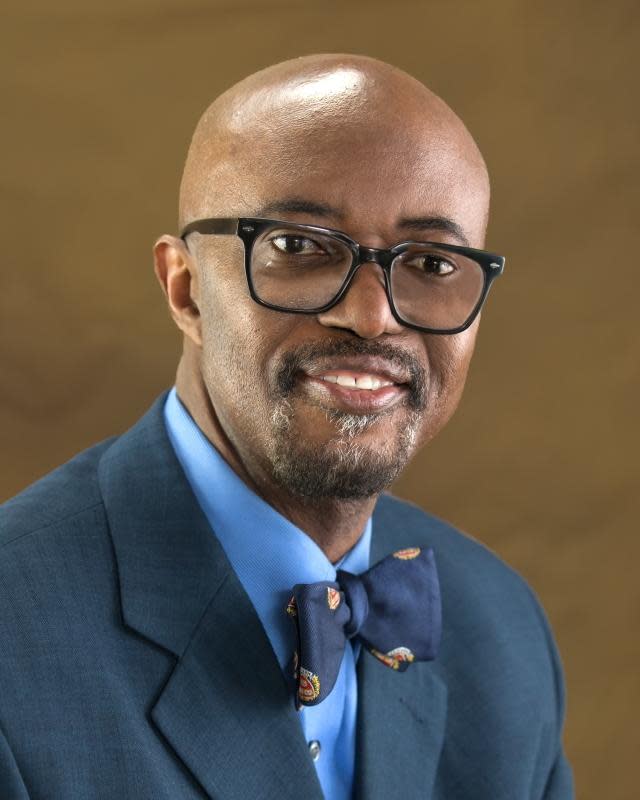Entrepreneur is not always about making money or profit

What do all the largest companies in the world have in common? Can you name one business that was not started by an entrepreneur? Personally, aside from a few started by the government, such as the post office, I cannot think of any.
Even mail delivery has its fair share of entrepreneurial companies now competing with our government service – FedEx, UPS, etc. When you think of the world’s largest companies, such as Walmart, Ford, Apple, they all started as an idea in someone’s mind.
The word entrepreneur is defined by Meriam-Webster as, “one who organizes, manages, and assumes the risks of a business or enterprise.” It has also been said to be the “creation or extraction of economic value”. Note that it is about change and is broader than it was when the word was first developed.
The classical economists were the first to come up with the term. In basic economics, the four factors of production are land, labor, capital and entrepreneurship. The entrepreneur was the one who pulled those other three resources together for one purpose only, to make a profit. As we can see from the more modern definitions above, the concept of “profit” is missing as entrepreneurship may include values beyond economic ones. This essentially means that an entrepreneur can take risks for purposes other than profit. It could simply be to provide goods or services for the needy. This is the concept of “social entrepreneurship”.
Some years ago, I railed against the concept of “social entrepreneurship.” Why? Because in all of my studies in economics and from all that I had been teaching my students, the entrepreneur, in the strictest sense, is the individual who takes a risk to make a profit. So if there was no profit motive, then I felt that the individual needed to be called something else.
I felt that the terms social and entrepreneur were contradictory or oxymoronic. How could one seek a social objective while also seeking a profit? I now know better. One can seek a number of objectives beyond the profit motive while engaging in entrepreneurship. Entrepreneurship does not always have to be about making money or profit. Or to put it another way, the profit does not have to be in terms of money or materiality; it can be in terms of what sociologists and some economists call psychic income – the satisfaction or nonmonetary gain from doing good; it is making a difference in the lives of others.
I am by no means suggesting that we should pursue entrepreneurship only socially. The profit motive, while it benefits the individual entrepreneur, may benefit others also, while benefiting society in general. Society is replete with such examples.
The largest Michigan company in terms of number of employees is Ford Motor Company, with almost 200,000 employees. Here in Monroe it is La-Z-Boy, Inc., with almost 10,000 employees. We all know the impact these companies, with a profit motive, have on our economies and communities. Aside from jobs provided and their multiplier effect, we see the numerous examples of La-Z-Boy’s largesse through its corporate responsibility acts in our Monroe community.
Other Michigan-based companies in the top 100 list that directly impact Monroe are DTE Energy, Meijer, General Motors, Guardian Industries, and Consumers Energy (zippia.com/advice/largest-companies-in-michigan/). Their impact is enormous, and our community would not be what it is without them.
These companies started as an idea in someone’s mind, with a profit motive, and now the entire society is the better for it. So let’s keep those ideas coming, whether it is for one’s own benefit or for the larger social benefit.
Monroe County Community College’s Maker Space/Entrepreneurship Center encourages your innovation and ideas, be they for social or profit purposes, and we are here to help you succeed. In the long run, if your idea takes off, not only will you benefit, but the entire society benefits as we make the world a better place for all of us.
Kojo Quartey is president of Monroe County Community College and an economist. He may be reached at kquartey@monroeccc.edu.
This article originally appeared on The Monroe News: Kojo Quartey: Entrepreneur is not always about making money or profit

